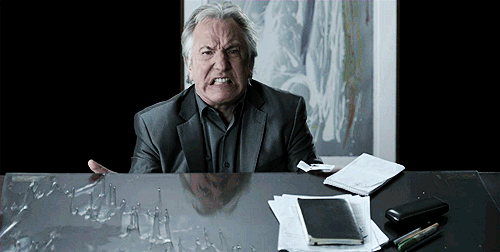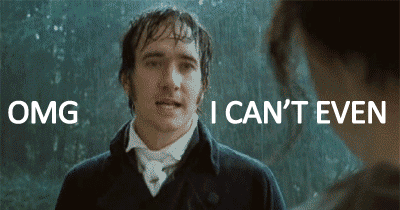There are some things that pop up again and again in various genres and categories of literature, and YA is no different. But that doesn’t mean all tropes are bad. Sometimes they’re comforting or fun in their familiarity. Sometimes they provide the basis for deeper explorations of character or plot.
In this post, the writers at YA Highway share some of their favorite tropes. They’ve all got great choices, and their post inspired me to share a few of mine.
 1. Boarding schools–I was never tempted to live at one myself (I like my privacy too much), but I loved the idea of them. Everyone wears uniforms, walks through autumn landscapes, and is a member of a secret society, right?
1. Boarding schools–I was never tempted to live at one myself (I like my privacy too much), but I loved the idea of them. Everyone wears uniforms, walks through autumn landscapes, and is a member of a secret society, right?
2. Unusual names–From Anastasia Krupnik to Weetzie Bat to Zooey Glass, I love a character with a distinctive name. I’m practically as bad as a celebrity naming their baby.
3. Victorians–Put ’em in a bustle and I’m there.
4. Fairy tale adaptations–Whether it’s a creative take on Cinderella or a look at a lesser known tale, these books catch my eye.
5. Sisters–I don’t have any sisters, so I’ve always been intrigued by books that feature a close set of sisters.
What are your favorite tropes from YA? Share ’em in the comments.
(image: Edwin Steele)



